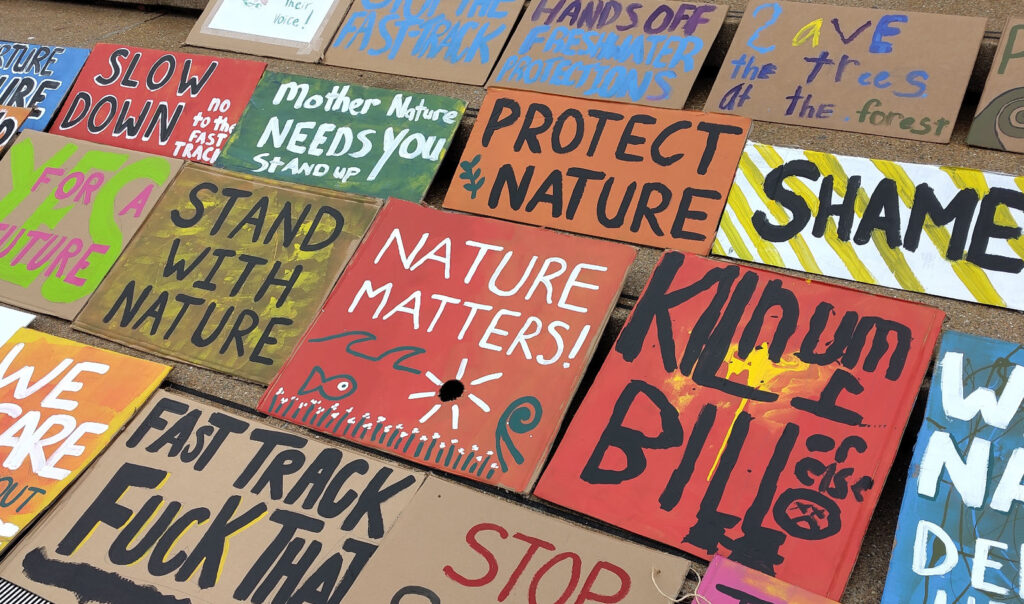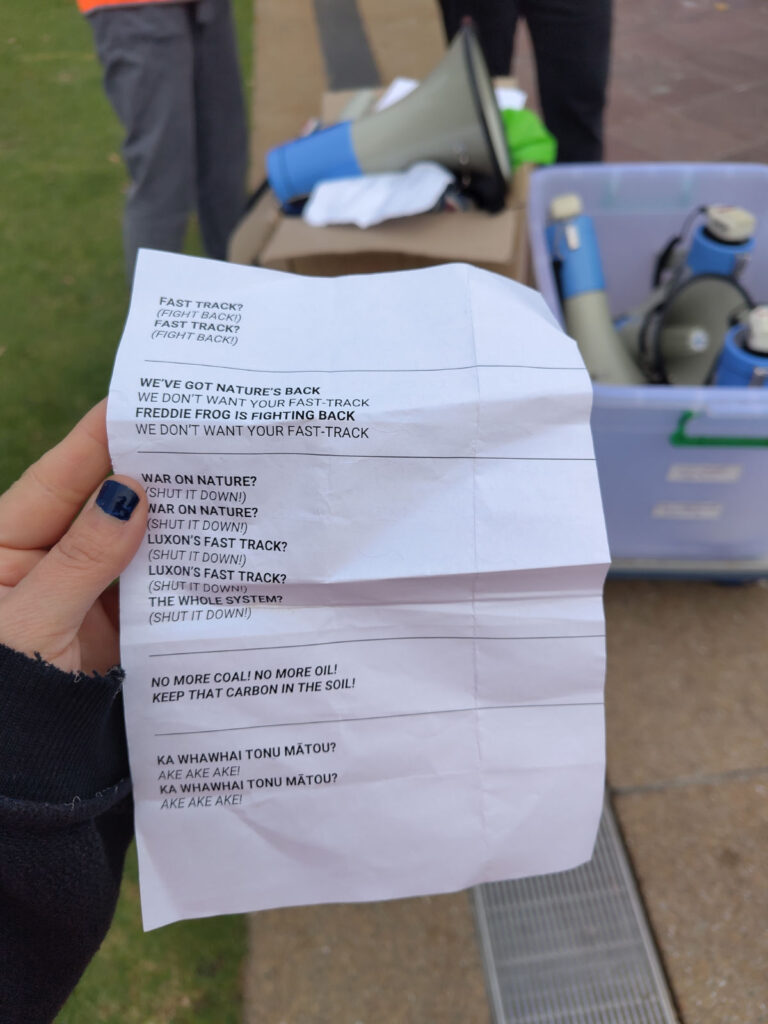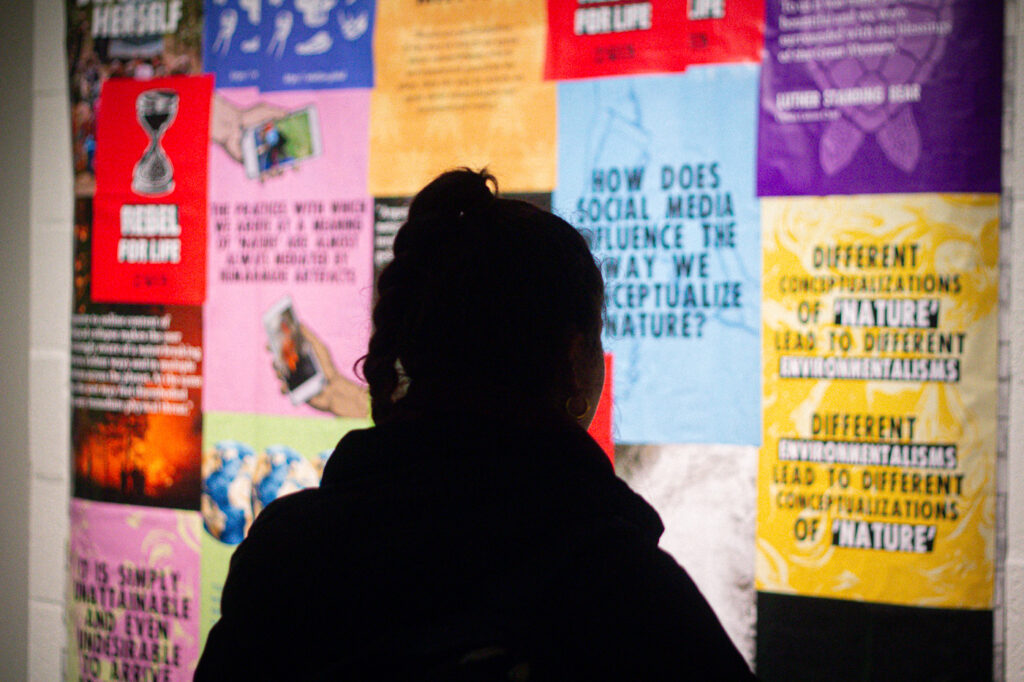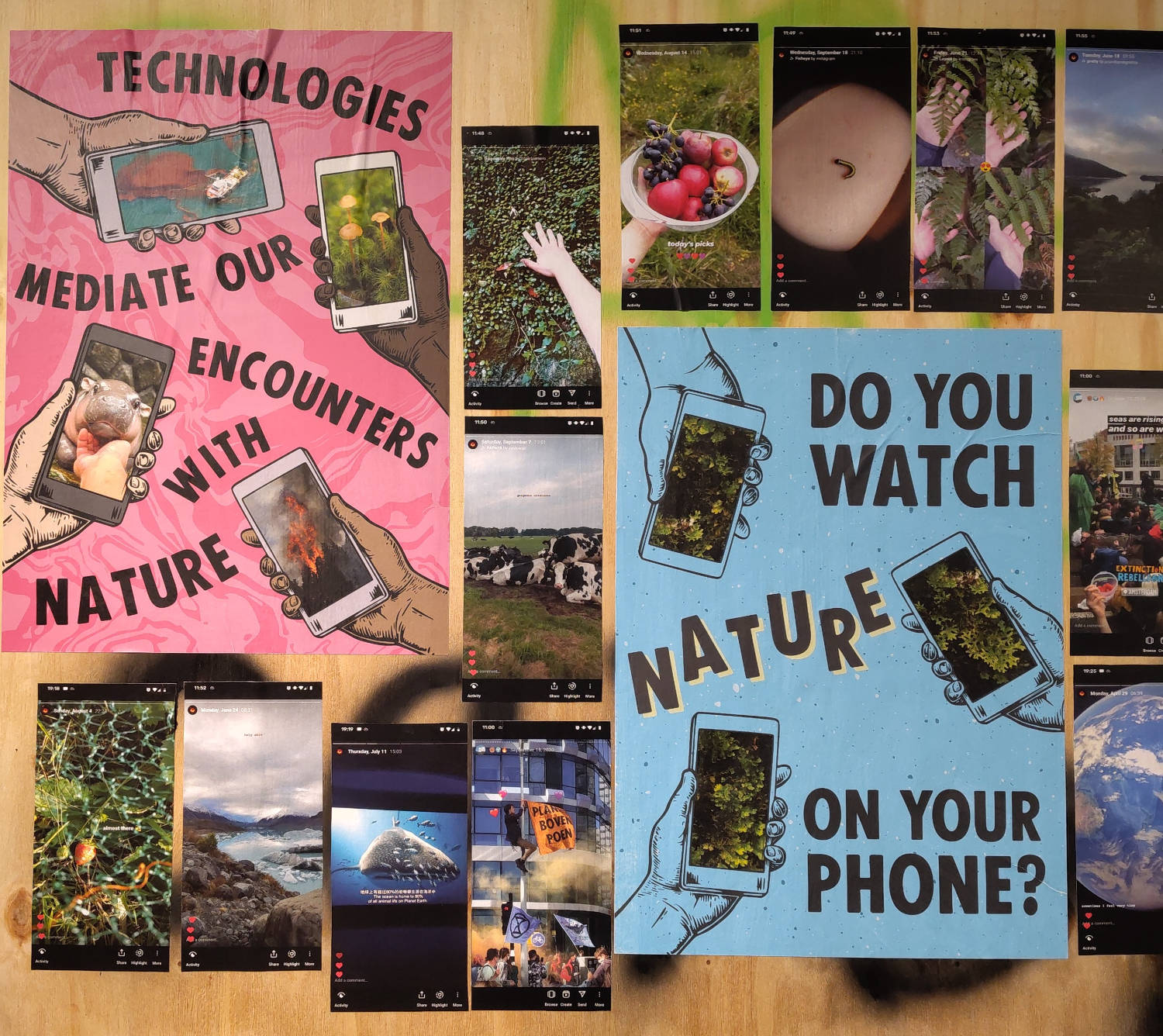I’m finally getting around sharing all the stuff that has happened in the last two years. A big milestone was publishing my work in a scientific journal [link to the article].
The journal I chose was ‘Ethics and Information Technology‘ since they were running a special issue on conceptual engineering, which is basically the idea that the meaning of concepts can be modified according to the role we want such concepts to perform.
Perhaps a good example of conceptual engineering in practice would be the concept ‘gender‘. A part of society feels like ‘gender‘ should mean the same as sex, and another part feels like ‘gender‘ should include all of the complexities and nuances of identity. Conceptual engineering doesn’t necessarily tell us which way we should go, it just explains how the process of engineering a concept happens.

Screenshot of my publication
The article I published makes a case for engineering the concept of ‘nature’ depending on the context in which we’re using it. I was particularly interested in exploring the ways that ‘nature’ helps mobilize people into political action. Some philosophers feel like the concept of ‘nature’ is totally outdated, but I’ve seen first-hand how it continues to inspire people into resistance. The clearest example I can think of is a demonstration that Greenpeace Aotearoa organized in Auckland last year. They called it the ‘March for Nature‘ and it was a reaction to the government targeting protected natural areas for mining. I had the privilege of helping with the march by leading chants with a megaphone. The march had huuuge turnout. The idea of protecting ‘nature‘ had mobilized people that were also working on the racial justice, Te Tiriti justice, animal liberation, and feminist movements.

Some of the signs the team did for the March For Nature, Auckland 2024

Chant sheet during the March For Nature, Auckland 2024
Because ‘nature’ can be an important concept that motivates people to protect the planet, my article also reflects on the question of how our increasing use of digital technologies is changing the ways in which we make sense of the meaning of ‘nature.’ We spend lots of time behind screens, and we get to see all kinds of ecosystems, landscapes, or species on them. We also get to see the planet burn, we see extreme weather events, we see wars, and genocide. The arguments of how technologies influence how we think about ‘nature’ are too intricate to explain in this blog entry. You’ll have to give the 8,000-word article a chance.
But be warned: conceptual engineering is quite an abstract field (and not at all my area of expertise). I’m not sure why I decided to write a piece on it. I think somehow I wanted to challenge myself by writing something so abstract. Like a rite of passage. Can I really be an academic philosopher?… Well, it turns out I probably can; but this article is probably the most philosophically dense and abstract piece of work that I’ll produce in a very long time.
Luckily, I also found a couple of opportunities to visualize such abstract ideas. Just as I was publishing the paper, I was invited to contribute to two different art exhibitions. (I’m not an artist, and I don’t know how these kind of invitations happen, but they do. I will leave my reflections on participating at art exhibitions as a philosopher for a different blog entry).

A picture from my first wheat paste poster wall exhibition
Here, I will just say that I attempted to turn the ideas of my scientific article into a wheat paste poster wall, which you can see in the first and last images of this post. The process of turning my philosophical ideas into a poster wall was fascinating, and the result was… well… interesting; which is my way of saying I should probably end this blog entry about now.
I hope you find the ideas in my article compelling. I’ve been thinking about explaining in more detail the arguments of my article in a 10-minute video. If you’d be interested in watching that, do let me know! It’d give me a bit more courage and motivation to record it.
For now, thank you for reading, kind cybernaut ⋆˙⟡♡
















